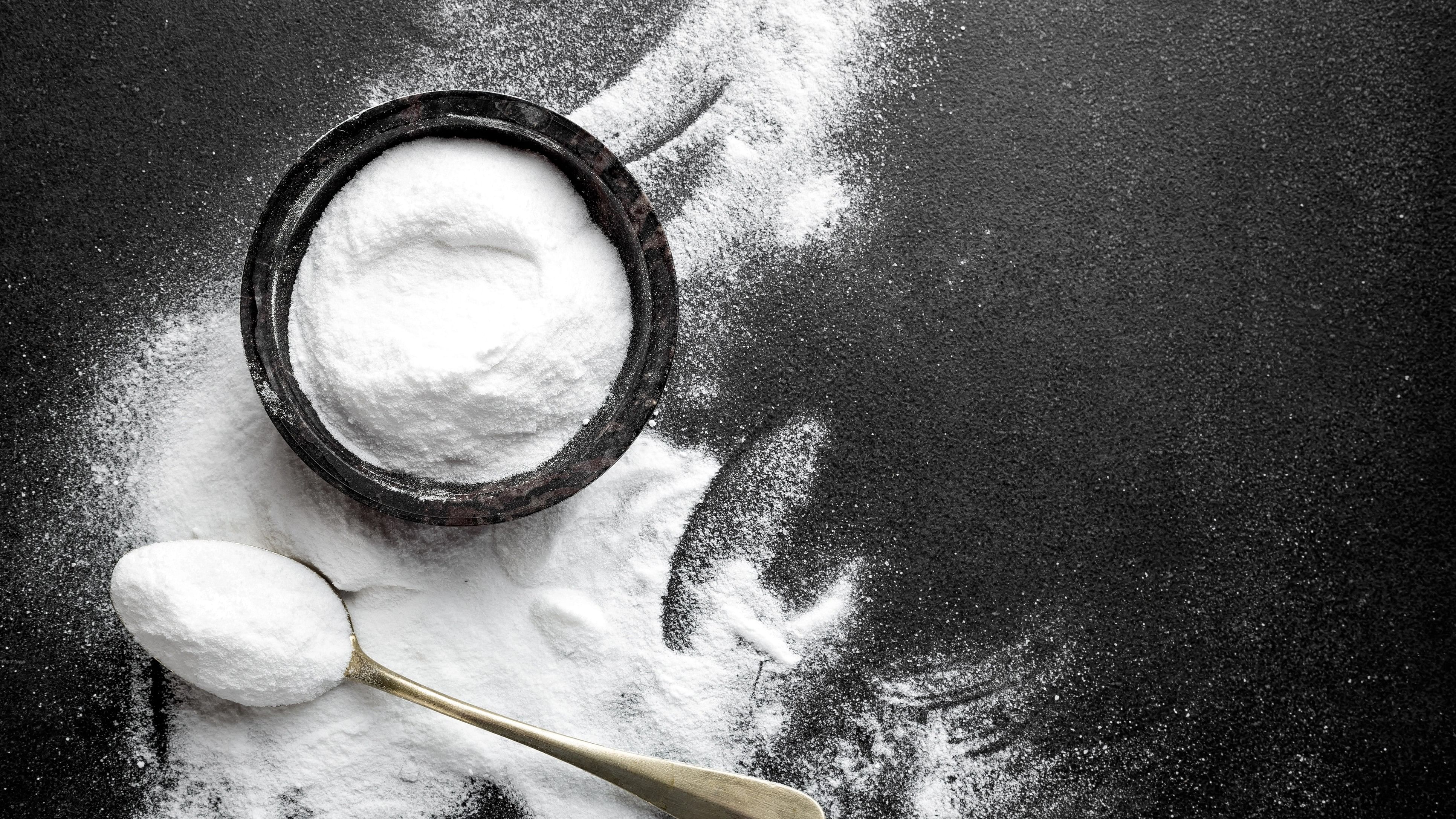
Photo: Getty Images
In the hustle and bustle of our modern lives, it’s easy to overlook the impact of our daily choices on our health. We all know that fatty meals, binge eating, smoking, and excessive consumption of fizzy drinks aren’t exactly the pillars of a healthy lifestyle. But did you know that these habits can significantly influence the pH levels in our bodies, potentially leading to systemic acidosis?
First, let’s break it down into simple terms. pH is a measure of how acidic or alkaline something is, and it ranges from 0 (extremely acidic) to 14 (extremely alkaline), with 7 being neutral. Your body maintains a delicate balance of pH levels to function properly. It’s like a tightrope walk — too much acidity or alkalinity, and things can go awry. Fatty meals, binge eating, and smoking can all contribute to making your body more acidic. When you consume large amounts of fatty foods or indulge in binge eating, your body has to work extra hard to digest and metabolise these excess calories. This metabolic process can produce acidic by-products that throw off your body’s pH balance.
Smoking, on the other hand, introduces harmful chemicals into your system, which can also tip the pH scale towards acidity. It’s like adding fuel to a fire. Cold drinks, especially sugary sodas, contain phosphoric acid, which, when consumed in excess, can lower your blood’s pH levels. This is not great news for your body’s delicate pH balance. When the body’s pH becomes too acidic due to these habits, it can lead to a condition called systemic acidosis. In extreme cases, this can have serious health ramifications, including muscle weakness, confusion, and even organ failure. But here’s where it gets interesting. When your body detects a drop in pH, it goes into damage control mode. It starts pulling calcium phosphate or carbonate from your bones to help neutralise the excess acid. While this might seem like a clever survival mechanism, it’s not without consequences. The continuous withdrawal of calcium from your bones can lead to osteoporosis, a condition where your bones become brittle and fragile. And this calcium loss can happen at early ages, often affecting women more than men. So, what’s the solution to this acidic dilemma? Utter alkaline water.
Alkaline water, often touted for its potential health benefits, has a higher pH level than regular tap water. It’s believed that drinking alkaline water can help neutralise excess acid in your body, thus maintaining a healthier pH balance. While the research on the benefits of alkaline water is ongoing and not yet definitive, many people have reported feeling better and more energised after making the switch. It’s important to note that alkaline water alone won’t magically counteract the effects of a poor diet or lifestyle. But it can certainly be a part of a broader strategy for maintaining a balanced pH. In the grand scheme of things, maintaining a balanced pH in your body is crucial for overall health. So, the next time you reach for that greasy burger or consider lighting up a cigarette, remember that your body’s pH balance is hanging in the balance. Making mindful choices in your diet and lifestyle can go a long way in keeping your body’s pH where it should be — right in the sweet spot of health. In cancer, the tumour micro environment often becomes acidic due to various factors, which can complicate treatment and potentially aid cancer progression. In this notion, usage of alkaline water as a potential therapeutic intervention for cancerous tumours remains a subject of debate within the scientific and medical communities. While proponents suggest that maintaining an alkaline body environment could also hinder cancer growth. Alkaline water can be made in different ways. First, there are machines called “ionisers” that split water into two parts: one that’s less sour (the one we drink) and one that’s sour (used for cleaning). These machines add special tiny particles to the water, kind of like magic that makes it less sour and more alkaline.
Another way is by adding minerals like calcium and magnesium to the water, found in certain brands of alkaline water. These minerals make the water less sour and more alkaline, like adding a sprinkle of goodness. Some filters have special minerals that make the water less sour when it passes through them, giving you slowly more alkaline water. Natural springs in some places have naturally alkaline water because of special minerals in the ground.
(The author is a research scholar at BIT, Mesra, Ranchi.)